A recent survey conducted by Naturecan has shed light on the health-seeking behaviours of Yorkshire residents, revealing that while a significant portion of the population turns to social media for physical and mental health advice, the region ranks as the least reliant on these platforms compared to other areas in Britain.
Approximately 27% of people in Yorkshire, equating to around 1.1 million individuals, have sought guidance on their well-being from social media channels. Despite this sizable figure, Yorkshire stands out for its lower dependence on social media platforms for health-related advice, according to the survey’s findings.
The survey, which delved into respondents’ online activities regarding health queries, unveiled intriguing insights into the digital behaviours of Yorkshire residents.
Key Survey Findings:
- Preferred Platforms: Among Yorkshire residents, Facebook emerges as the top choice for seeking health advice, with 43% of respondents favouring the platform. YouTube follows closely behind at 37%, while Instagram garners 25% of preferences.
- Popular Health Topics: The survey highlights the most sought-after health advice topics among Yorkshire residents, with mental health topping the list at 48%, followed by weight loss at 45%, and general day-to-day health concerns at 37%.
- Motivations for Seeking Advice: Yorkshire residents cite various reasons for turning to social media for health guidance, including quick access to advice (63%), self-improvement (34%), identification with content creators or influencers (27%), and limited access to professional assistance (26%).
Concerns Over Misinformation:
Despite the convenience of obtaining health advice from social media platforms, concerns regarding the reliability of information loom large. A staggering 46% of Yorkshire respondents who seek advice from social media express uncertainty about the qualifications of the creators offering guidance. Alarmingly, 15% of respondents are aware that the individuals providing advice lack the necessary qualifications.
This prevalence of uncertainty raises significant concerns about the potential dissemination of misinformation, a phenomenon already associated with social media platforms due to the lack of regulation over content.
Addressing the Need for Regulation:
With 20% of Britons overall and 26% of Yorkshire respondents citing limited access to professionals as a motivating factor for seeking health advice on social media, calls for enhanced regulation of these platforms grow louder. It is evident that there is a burgeoning need for stricter oversight to ensure that individuals relying on social media for health guidance receive accurate and trustworthy advice.
As Yorkshire residents continue to navigate the digital landscape in search of health-related information, the importance of discerning reliable sources and advocating for regulatory measures cannot be overstated. In an era marked by the proliferation of digital content, safeguarding public health requires concerted efforts to combat misinformation and promote responsible online practices.






